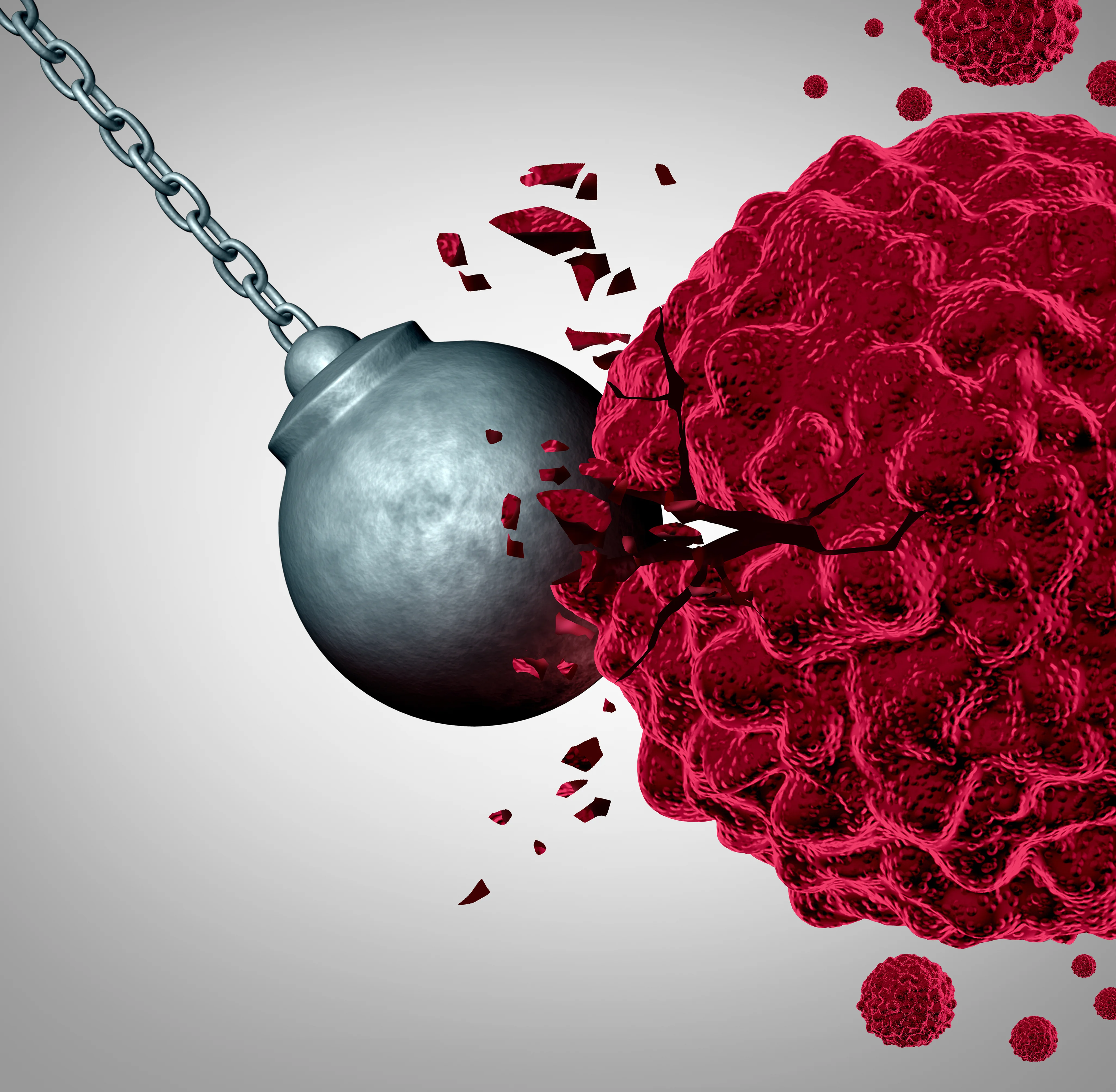News & Articles

Immunotherapy for Treatment of Blood Cancers

Fighting blood cancers
Dr Colin Phipps Diong, Consultant in Haematology at Parkway Cancer Centre, explains how immunotherapy works and how it is given.
Our immune system comprises organs, cells, and proteins that help us fight infection and disease. It is specifically programmed to recognise things that are not part of our own body, including foreign bacteria, viruses, and fungus. At the same time, cells of our immune system recognise what is part of our own body, so that they do not attack our own tissues.
The immune system, however, has a limited ability to kill cancer cells. This may be because the cancer cells are not different enough for our immune system to recognise them as foreign. Or, the cancer makes the immune cells weak and unable to fight it. But scientists and researchers have found ways to harness the immune system or its components, in the form of immunotherapy, to fight cancer.
Essentially, immunotherapy is a treatment that uses the patient’s own immune system, or medications made from components of the immune system, to fight the disease.
Types of immunotherapy
For treatment of blood cancers, there are a few forms of immunotherapy used:
Monoclonal antibodies are antibodies that are made in the laboratory. Together with allogeneic stem cell transplantation (below), monoclonal antibodies are the most common form of immunotherapy used for blood cancer treatment today. They are able to specifically target blood cancer cells by recognising proteins that are usually found on the surface of the cancer cells. Because of this specific targeting, different antibodies are used for different types of blood cancers. This makes the identification and correct classification of the blood cancer a prerequisite.
Allogeneic stem cell transplantation is one of the oldest forms of immunotherapy. The term “allogeneic” describes cells that come from other people, such as from a matched sibling, unrelated person, partially-matched relative, or cord blood. The allogeneic stem cells find their way to the recipient’s blood factory and recapitulate the entire blood cell and immune systems. As a result, the patient’s blood cell system will change, developing the same characteristics as that of the donor. Among others, the blood group will change to that of donor’s blood group, while donor immune cells will develop in the patient’s body. These cells have the potential to recognise cancer cells as foreign and kill them.
Checkpoint inhibition: Our immune system has immune checkpoints or “off-switches” that help the body control the immune cells so that they do not overdo their job. Certain blood cancers, however, are able to gain access to these switches and turn off the patient’s immune response, making the immune system too weak to kill cancer cells. Drugs called checkpoint inhibitors block this ability of the cancer cells to use these “off-switches”, thus invigorating the patient’s immune cells to kill the cancer cells.
Chimeric antigen receptor (CAR) T-cell therapy uses immune cells (specifically T-cells) that are modified in the laboratory to kill blood cancer cells. The modification is needed because by themselves, these T-cells do not have the ability to specifically recognise the cancer cells. Specific proteins that can recognise and engage the cancer cells are attached to the T-cells which are then given to the patient so that they can kill their intended target.
Adoptive cell transfer uses T-cells taken from the patient’s tumour. The T-cells are checked to see which are the most active against the cancer, or genetically modified to have a stronger ability to kill blood cancer cells. Only specialised laboratories can process and manufacture this form of therapy.
Interferons are proteins produced in response to viral infections. The type of interferon used today is made in the laboratory. Its use in blood cancers have declined over the years, but is still used to treat certain types of blood cancers, namely the myeloproliferative neoplasms, or MPNs.
How and when it is given
Apart from interferon, most immunotherapies are given intravenously – as an infusion into the patient’s vein.
Immunotherapies like monoclonal antibodies and CAR T-cell therapy are targeted treatments, that is, they usually only work in blood cancers that have that specific target.
In the case of allogeneic stem cell transplantation, these are done for patients with certain blood cancers like acute leukaemia. The timing of these transplants also differ depending on the diagnosis.
Immunotherapies are powerful treatments for blood cancers, but should only be prescribed and given in the correct treatment setting – the right patient with the right diagnosis.
| POSTED IN | Cancer Treatments |
| TAGS | blood cancer, immune checkpoint inhibitors, stem cell therapy |
| READ MORE ABOUT | Acute Lymphoblastic Leukaemia (ALL) in Adults, Acute Myeloid Leukaemia (AML), Chronic Lymphocytic Leukaemia (CLL), Chronic Myeloid Leukaemia (CML), Leukaemia |
| PUBLISHED | 01 June 2018 |
